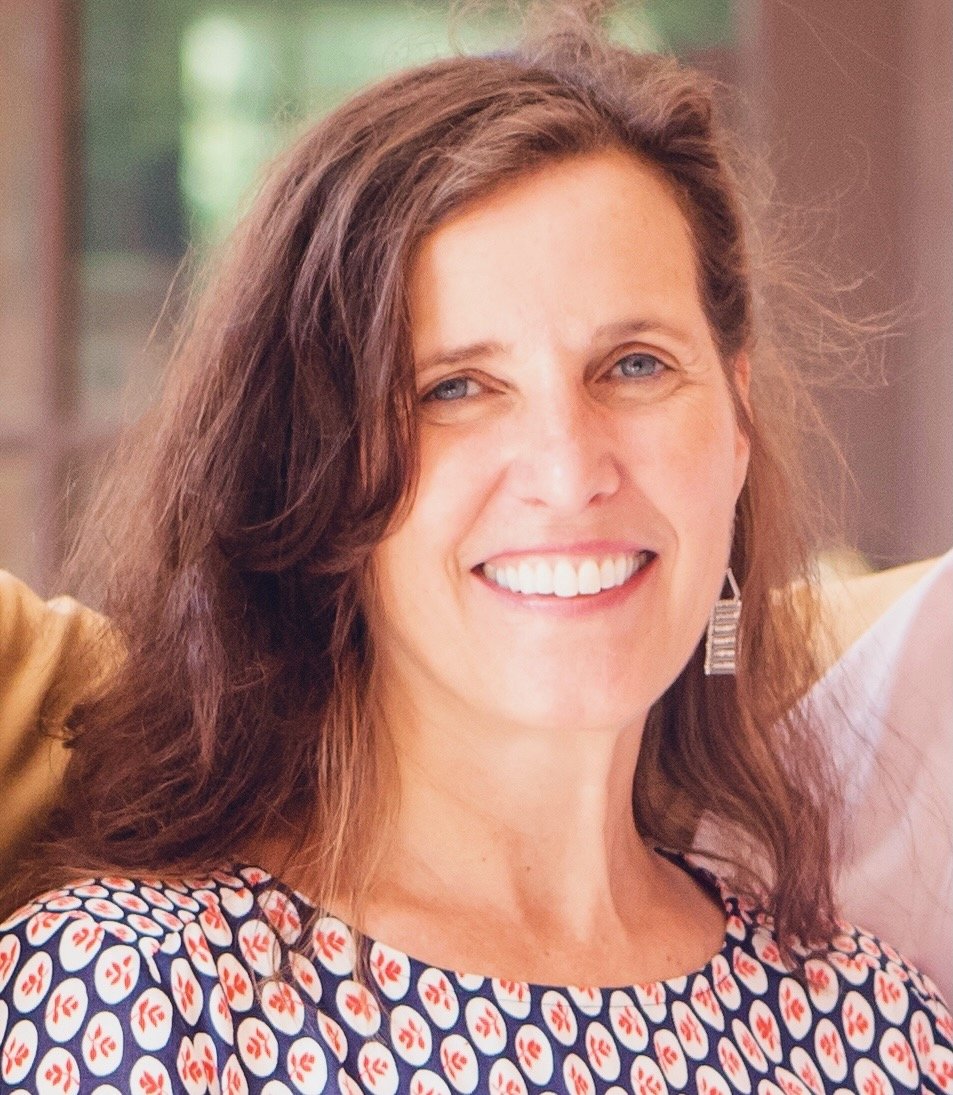Let’s Be Kind To One Another and Ourselves During This Obesity Epidemic
There comes a time in the spiritual journey when you start making choices from a very different place. And if a choice lines up so that it supports truth, health, happiness, wisdom and love, it’s the right choice. —Angeles Arrien (1940-2015) Anthropologist
When I read this quote, I thought, this is what compassion for the self looks like. Everything I have learned from my research and heard during my interviews with parents, doctors, teachers, policy makers about healing from childhood obesity and child sexual abuse comes back to compassion for the self and for your child; without it the world is a lonely place where you and your child feel vulnerable and abandoned. Learning to have compassion for yourself as the caregiver will help you better understand what your child needs from you.
Compassion for yourself is about respecting, accepting, and choosing joy for yourself and your child. Compassion for yourself and your child is easier to act on when we understand what it is not.
What compassion is not:
- Compassion is not about white lies and hiding the truth. When we conceal the truth from ourselves and from the people we interact with prevents us from being fully present and living without fear.
- Compassion is not conditional. When we put conditions on whether or not we love ourselves or our child it prevents you from engaging in love and joy. Conditional love sounds like this. “I will be happy when I lose 20 pounds or when my child is thinner.” “If only my child could get past this abuse, we would all be happier.” If your waiting for happiness to come to you and your child, you're putting conditions on your own and your child’s joy.
- Compassion for your self is not self-pity. We know the people who are like the Eyesore character in Winnie the Pooh stories. Eyeore’s tend to think in absolutes—either it is good or it is bad. People who feel sorry for themselves don’t see the shades of grey as opportunities to change their environment or behavior. are. Compassion for your self and your child is about having the confidence to accept yourself in every way every day and seek ways to change the environment or the behavior to make yourself and your child more comfortable.
- Compassion for yourself is not over-giving. Looking at one’s behavior or thoughts with compassion is accepting that we are human and we make mistakes and we are not perfect. Being honest and introspective can help you understand when you should say no to things that are not aligned with your commitment to finding balance and joy in your life.
When we spend our lives waiting until we are the perfect size, the perfect weight, or fit into the perfect dress or jeans, before we will be happy, or feel joy, we are sacrificing our ability to live our true potential and to share our gift of love and friendship in the world. We lose our opportunity to participate fully in a meaningful way; our unique way.
Although we may know on an intellectual level that no-one is perfect and that there is always someone smarter, thinner, stronger, more beautiful than oneself, yet, still we will let this idea of the perfect weight or the some ideal we have of the shape we should be diminish our compassion for ourselves and our children. Because of our weight of our flesh we can feel less than others, and perceive our children with obesity as having something wrong with them, something to be fixed. Rather than sitting on the sidelines feeling imperfect, wishing to disappear because of our size we must see ourselves and our child from a distance - from a place where love and compassion sees only your heart, your intention, your own vulnerability. It is from this distant place, that you can begin to feel the compassion and worthiness; to let yourself be seen, the best self you are on this day, at this time, for this purpose. I hope you will begin to experience compassion, worthiness, and joy as you ask yourself these questions:
- What keeps us from being tender, loving, and kind to ourselves?
- How are we reflecting or excepting these feelings of unworthiness and shame outwardly, and to our children?
- How do our children perceive our attitudes towards ourselves, our body shape, our health?
- How am I, and my children, affected by Big Food?
- How am I protecting myself and my children from fat-shaming?
- What is the link between childhood trauma and overeating or binging?
- What is weight bias? How do I deal with weigh bias at home, at school and at the doctors office?
There are many reasons their child may be gaining weight that are not within the child’s or even your control. Let’s keep informed about this epidemic and encouraging and act consistently and with kindness as that we may help each help their child feel safe and happy not matter what their size.

